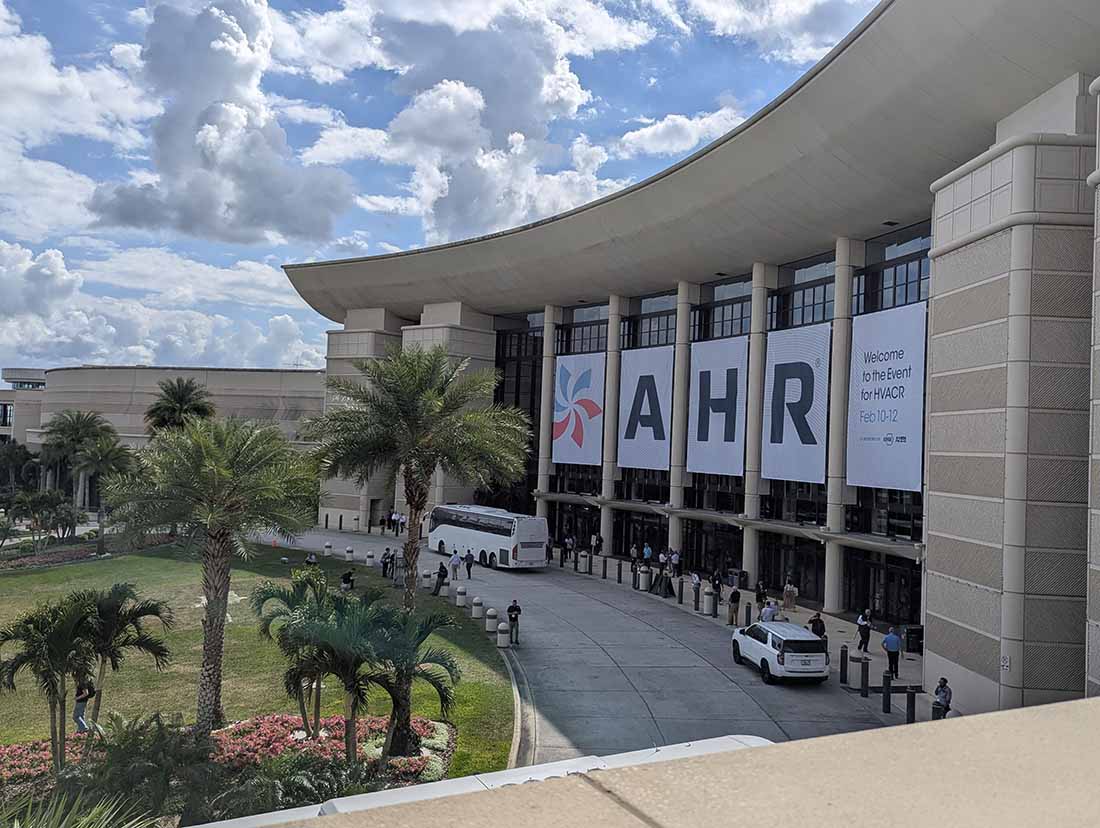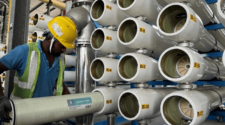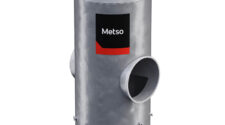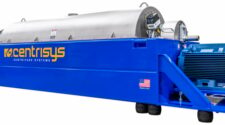The AHR Expo 2025 is a pivotal gathering for the HVACR community, providing a platform to showcase the latest innovations and technologies. Engaging with industry experts during the event facilitates opportunities for sustainable business development. It addresses a range of pertinent themes,
including indoor air quality, HVAC systems, automation and control, as well as tools and instruments, all aimed at delivering sustainable solutions and insights that elevate the standards of the HVACR industry. Furthermore, the expo highlights the unprecedented commitment of industry leaders and innovators to prioritize public health and well-being by adopting technologies that promote sustainable living and enhance energy efficiency.
The AHR Expo 2025 attracted attendees numbering 50,807 (39,609 visitors, 11,198 exhibitors) and was spread over 516,060 sq. ft., with 1,878 exhibiting companies from 37 countries. The educational sessions were not lacking, with 340+ on different tracks, and for varying degrees of expertise. The show highlighted several prominent themes, each driving significant changes and innovations within the HVACR sector.
Decarbonization & Energy Efficiency: The most dominant theme was the drive for carbon reduction. This is achieved through high-efficiency heat pumps, low-GWP refrigerants, and advanced automation. Propelling carbon reduction dominated discussions, with manufacturers unveiling high-efficiency heat pumps, low-GWP refrigerants, and advanced automation. Regulatory changes, specifically ASHRAE 241 guidelines, are further influencing sustainable design practices in pursuit of AIA Challenging 2030.
Heat Pump Innovations: Heat pumps are becoming more attractive as alternatives to traditional gas-powered heating. Advancements include improved performance in extreme temperatures and increased reliability. Danfoss, Mitsubishi, and Samsung showcased systems capable of efficient operation in extreme temperatures, improving performance and reliability across diverse climates. This innovation is particularly crucial for states focused on electrification efforts.
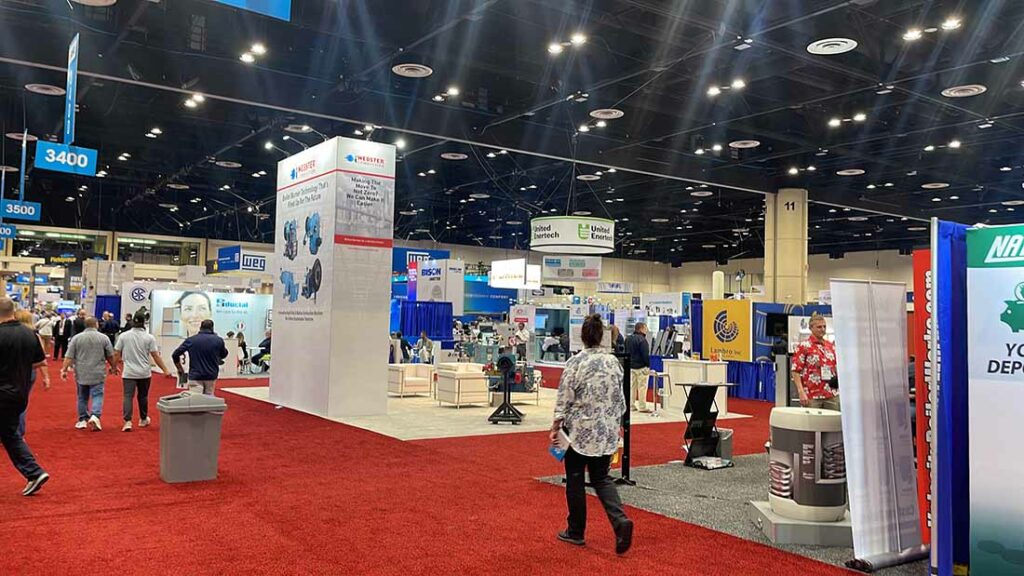
AI and Smart HVAC Controls: The integration of Artificial Intelligence (AI) is transforming HVAC systems. AI enables real-time data analysis, predictive maintenance, and adaptive airflow control for optimized indoor air quality (IAQ) and energy efficiency. Remote monitoring, IoT-connected systems, and AI-driven diagnostics are key features. The market is pushing for more integration between the user in the space and the mechanical equipment.
Refrigerant Transition & Compliance: The shift towards low-GWP refrigerants is a major focus due to increasing environmental regulations. Educational sessions covered safety, compliance, and necessary system adaptations. With increasing environmental regulations, the transition to low-GWP refrigerants was a hot topic. Educational sessions focused on safety, compliance, and system adaptations as the industry exited high-GWP options. While larger manufacturers are adapting, smaller ones face more significant challenges, with some even exiting the refrigeration systems market. The AL2 shift is particularly challenging.
Air Filtration Technologies: Filtration technologies within HVACR systems, when coupled with intelligent building automation, are paramount for fostering sustainable and healthy living environments. These systems work synergistically to purify indoor air by removing harmful particulates, allergens, and volatile organic compounds (VOCs), thus mitigating respiratory issues, and enhancing overall well-being.
Modern filtration, encompassing technologies like HEPA filters and advanced molecular filtration, allows for capturing increasingly smaller and more dangerous airborne contaminants. Furthermore, building automation systems enable precise monitoring and control of these filtration processes, optimizing energy efficiency by adjusting ventilation rates based on real-time air quality data.
The expo has highlighted the industry’s commitment to advancing beyond traditional particulate filtration and has underscored the necessity of addressing gases and bioaerosols within the filtration process. Industry leaders have demonstrated the critical importance of air filtration technologies by adopting a proactive approach that reduces energy consumption while ensuring optimal air quality in indoor environments. This initiative contributes significantly to a more sustainable and healthier future.
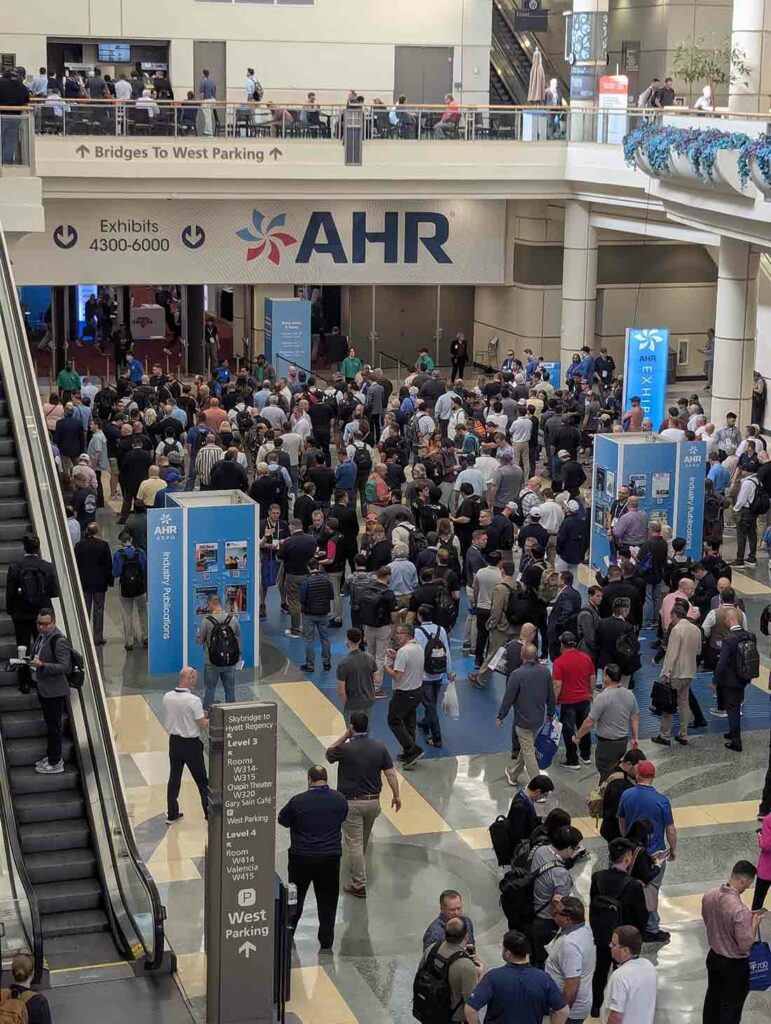
Indoor Air Quality (IAQ): Concerns stemming from the pandemic continue to drive advancements in IAQ technologies. High-efficiency filtration, air disinfection (UV-C, non-thermal plasma), and smart ventilation strategies are increasingly important. The demand for PM1.0 filtration, wildfire smoke mitigation, and pathogen control has grown, with IAQ solutions now addressing health risks beyond PM2.5. The demand for enhanced IAQ is becoming a baseline expectation for all HVAC systems.
Advanced Hydronic Cooling for Data Centers: With increasing data center cooling needs, hydronic cooling systems with intelligent pump technology are gaining traction. Hydronic cooling is expected to receive significant attention in future expos, particularly given its wide spectrum of applications in residential homes, commercial buildings, and industrial facilities.
Workforce Development & Industry Training: Recognizing the growing skills and knowledge gaps, the AHR Expo highlighted training sessions on emerging technologies, refrigerant transitions, and AI-driven HVAC management. Workforce education remains a critical industry focus. The courses that ran alongside AHR, as well as the ASHRAE technical conferences, saw high attendance.
Outlook: The AHR Expo highlighted the HVACR industry’s commitment to sustainability, intelligent systems, and a focus on human health. The sector is moving towards adaptive, data-driven solutions that minimize environmental impact. AHR 2025 set the direction for a more sustainable, intelligent, and health conscious HVACR industry. Furthermore, the growing importance of dehumidification was noted, with discussions about potentially evolving the acronym HVACR to HVACRD to explicitly include dehumidification as a core function.


